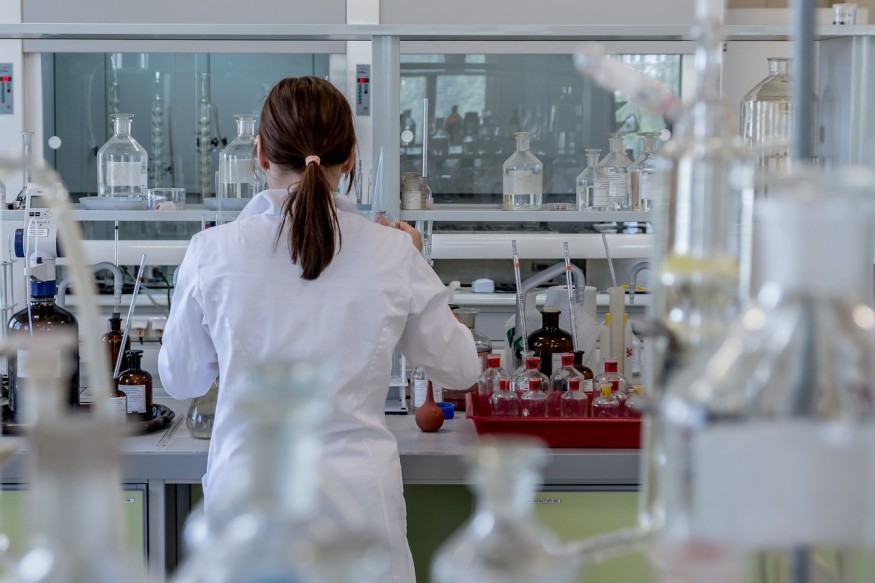According to Russian military claims, 30 biological labs have been discovered in Ukraine.

The Russian Armed Forces' radiation, chemical, and biological defense head, Igor Kirillov, informed reporters that the laboratories were allegedly involved in creating biological weapons.
Raising Concerns
The Russian Defense Ministry has repeatedly raised concerns about the Pentagon's military biological programs in post-Soviet countries, including in Ukraine, where a network of more than 30 biological laboratories has been established, divided into research and sanitary-epidemiological laboratories, according to Kirillov.
According to him, the Pentagon's Defense Threat Reduction Agency (DTRA) is the project's customer, and a company affiliated with the military, particularly Black and Veatch, is participating in project execution.
The work is being done in three main regions, according to Kirillov.
Read also: Russia's Attack on Ukraine Raises Risk of Nuclear War: How Bad Will a Nuclear Fallout Be?
Monitoring the Situation
According to the Pentagon, the first is the monitoring of the biological situation in the potential deployment zones for NATO member nations' military contingents.
The second is collecting and transmitting dangerous microorganism strains to the United States.
The third path, he claims, is research into potential biological warfare agents that are unique to a particular location, have natural foci, and can be transferred to people.
The Pentagon has been implementing the project "Diagnostics, Surveillance, and Prevention of Zoonotic Diseases in the Armed Forces of Ukraine" with total funding of $11.8 million since 2021, and the German Defense Ministry conducted a study of pathogens of the Congo-Crimean hemorrhagic disease in Ukraine in 2020-2021, according to Kirillov.
Fever, leptospirosis, meningitis, and hantaviruses will be tested in a joint Ukrainian-German endeavor to strengthen biological security at the European Union's external frontiers.
Several thousand serum samples from patients, mostly from the Slavic ethnic group, were brought from Ukraine to the Walter Reed Research Institute of the US Army under the guise of studying techniques for the treatment and prevention of coronavirus infection; he noted.
Bioweapons in War
Biological weapons (bioweapons) are compounds created directly from live organisms capable of killing or injuring humans, animals, or plants.
Diseases and biological poisons have been employed as weapons of war since the beginning of recorded history, at least as far back as Biblical times.
Bioweapons have historically been utilized largely, but not solely, for direct attacks on human populations. Plant and fungal poisons, animal corpses, human cadavers, disease-contaminated clothes or blankets, and feces have all been used in biowarfare in the past.
Biowarfare
Biological warfare, often known as germ warfare, is the intentional employment of biological toxins or infectious agents such as bacteria, viruses, insects, and fungus to kill, damage, or incapacitate humans, animals, or plants.
The use of poisons generated by some living creatures is considered within the terms of the BWC and the Chemical Weapons Convention; therefore, biological and chemical warfare overlap to some extent.
Midspectrum agents are widely used to describe toxins and psychochemical weapons. These mid-spectrum agents, unlike bioweapons, do not replicate in their hosts and often have shorter incubation periods.
Related Article : The Possible Effects if a Nuclear War to Hit the Planet
For similar news, don't forget to follow Nature World News!
© 2026 NatureWorldNews.com All rights reserved. Do not reproduce without permission.





